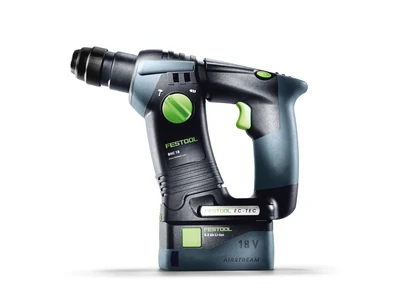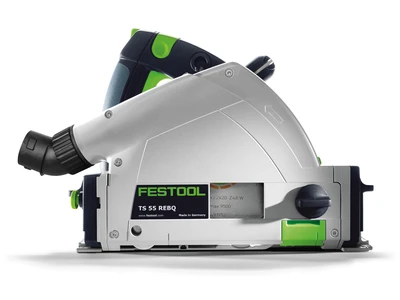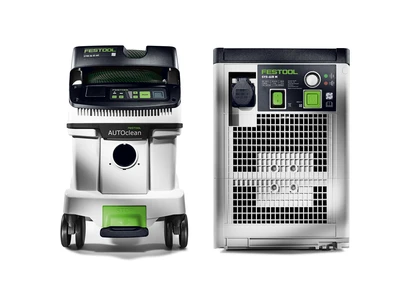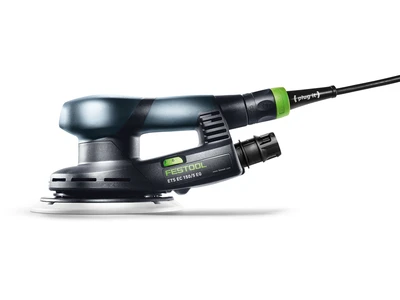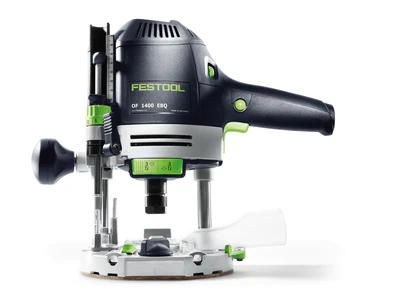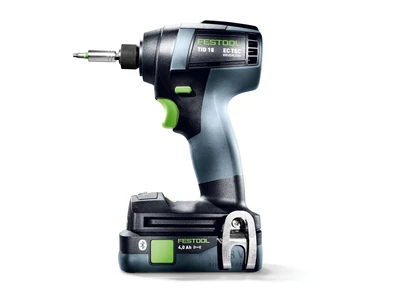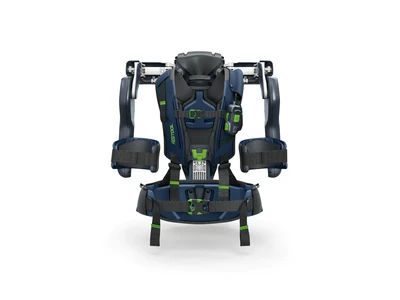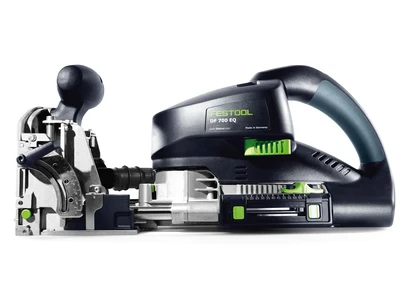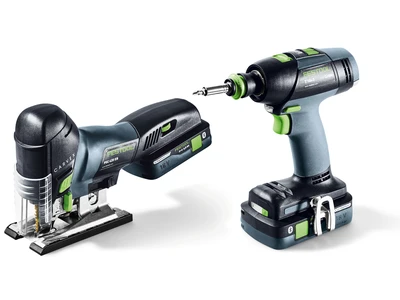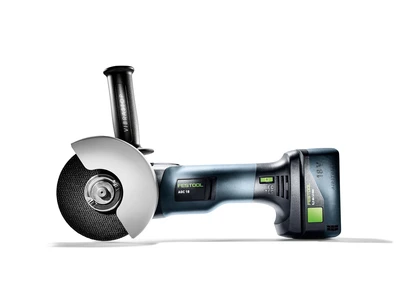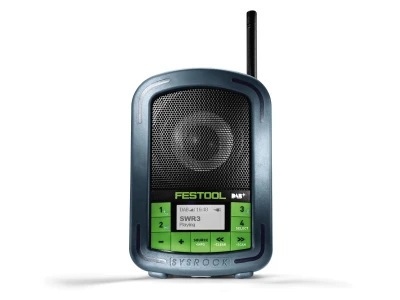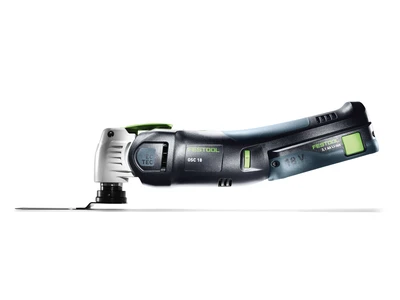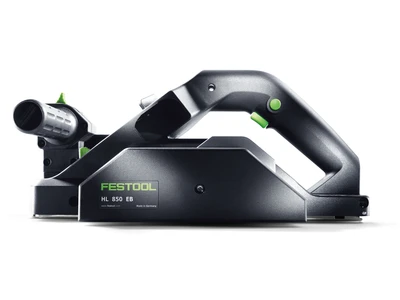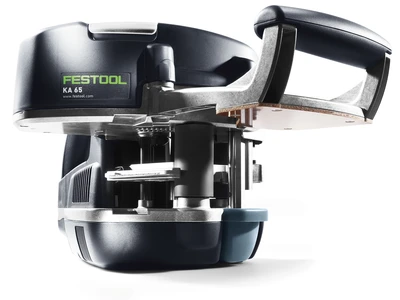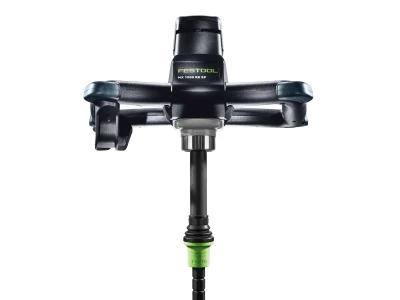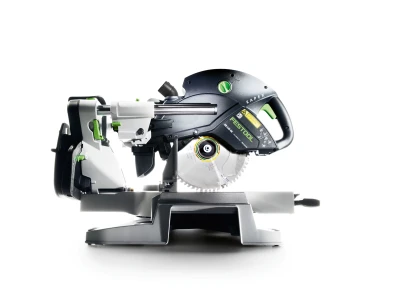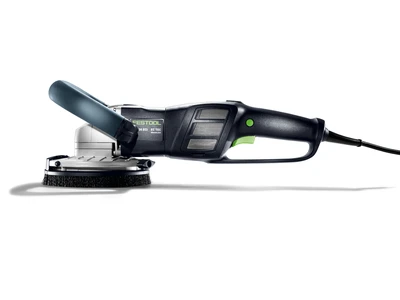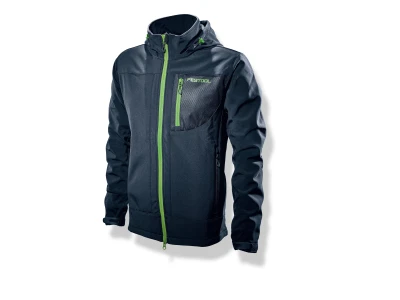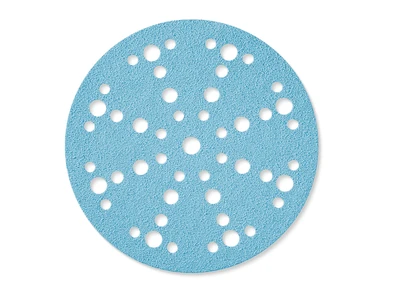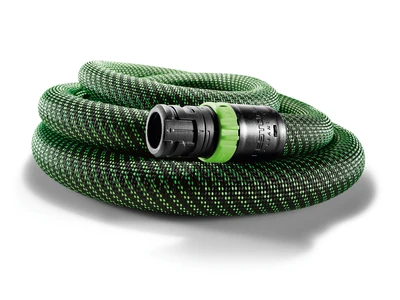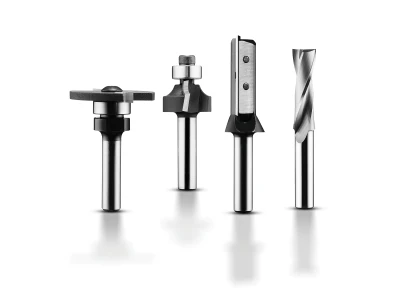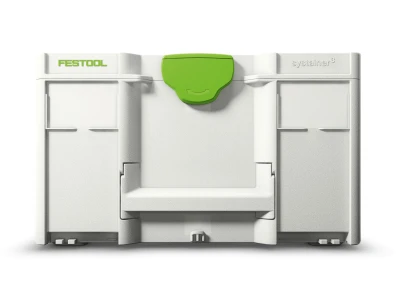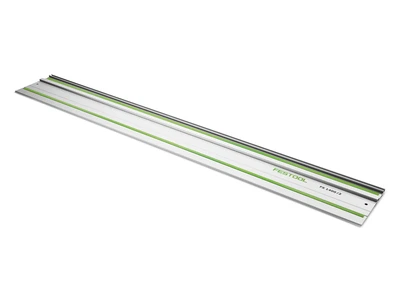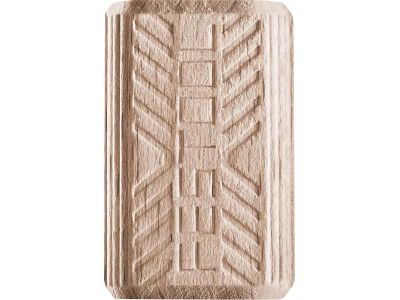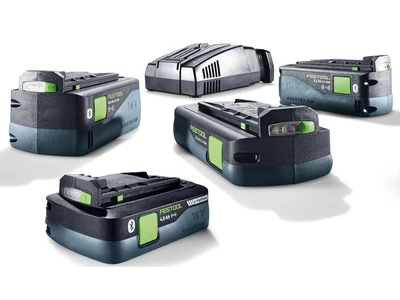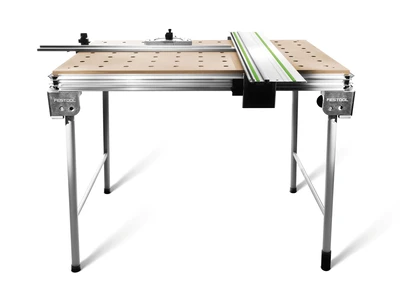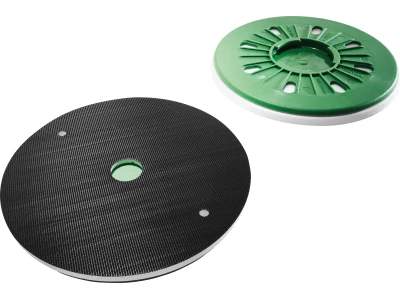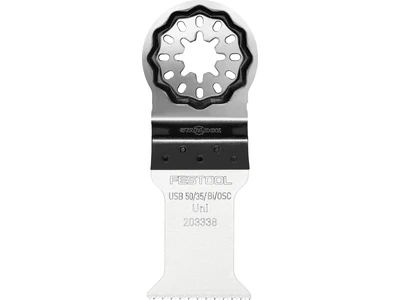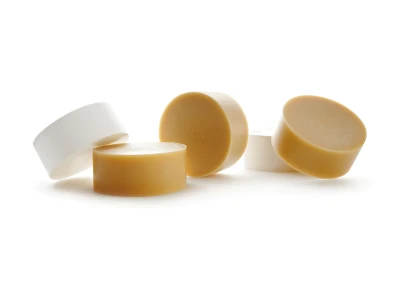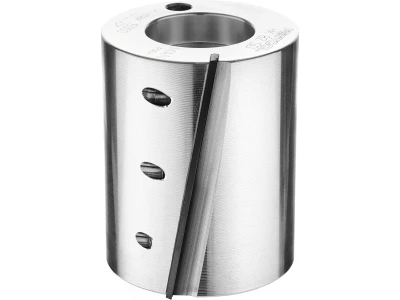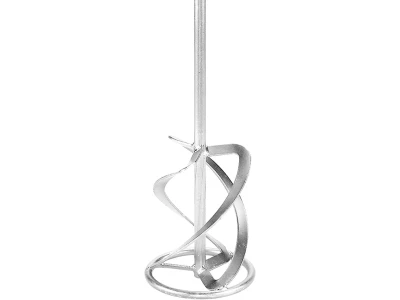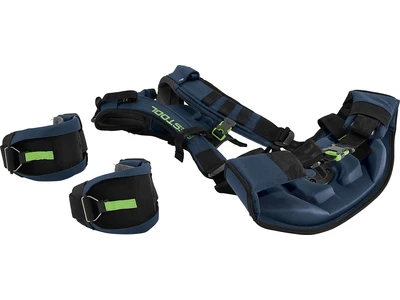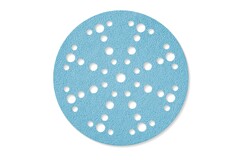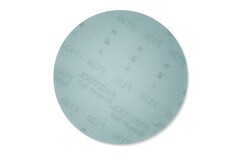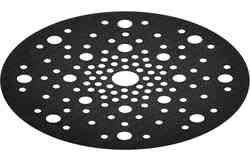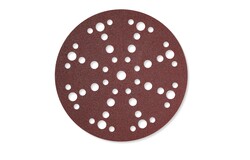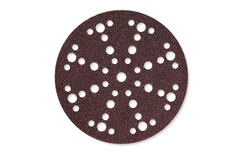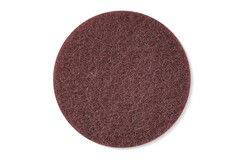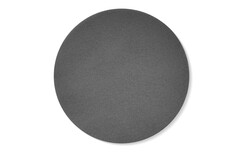Selecting the right abrasive
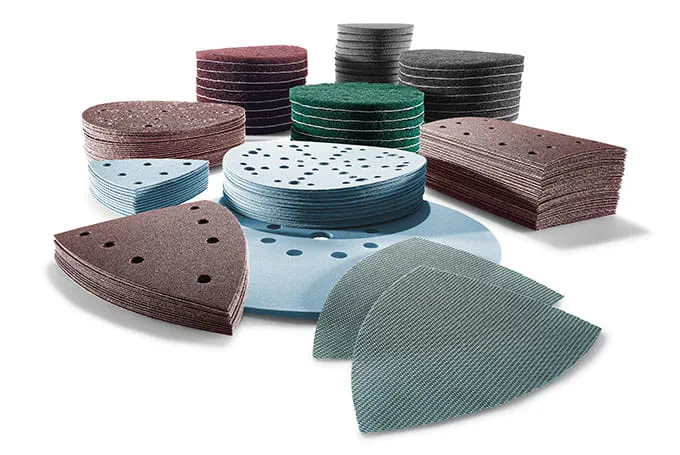
Description
Tools/accessories
Alternative tools
Overview/application of abrasives
-
Granat
Granat is a universal premium abrasive and can be used for a variety of applications, from coarse to fine sanding. In particular, Granat achieves perfect results when sanding water-dilutable VOC-compliant clear coats. The abrasive's special surface finish greatly minimises grit clogging and therefore leads to a long service life.
Areas of use:
Solvent-based clear coats and paints
Water-based paints/VOC-compliant coatings
Filler compounds
Surfaces, such as GRP surfaces
Filler
Mineral materials
Plastics/acrylic glass
Grit from P40–P1500
Material carriers from P800 grit

-
Granat Net
Granat Net is the perfect abrasive for machining surfaces that produce large quantities of dust, e.g. filler compounds. Thanks to the open mesh structure, materials can be extracted from the entire surface.
Granat Net is a net abrasive with particularly stable edges, meaning that it is protected against premature tearing.
Areas of use:
Filler compounds
Wood
Plasters
Dispersion-based fillers
Filler
Fine sanding of paints and clear coats
Paste-like fillers
Grit from P80–P400
Tip: When using Granat Net in conjunction with an eccentric disc sander/orbital sander, use a protection pad to protect the sanding pad.
-
Rubin 2
Rubin is the perfect abrasive for machining soft and hard wood. Specially developed for the requirements of the joinery and carpentry industries. Thanks to its robust paper backing, Rubin 2 is also ideal for heavy use when machining wood and composites.
Areas of use:
Hardwood
Softwood
Wood composites
Tropical woods
Veneered surfaces
Grit P40–P220
-
Saphir
For extreme demands during coarse sanding. Thanks to its robust cloth backing, the abrasive is tear-resistant, making it ideal for the toughest demands when machining wood and metal.
Areas of use:
Hard surfaces
Worn steps and roughly sawn wooden parts
Deburring and rust removal
Fibre-reinforced plastics
Grit P24–P80
-
Vlies
Vlies is the ideal abrasive for matting and lightly sanding paints, clear coats and mineral materials, as well as for cleaning, oiling and waxing surfaces such as wood and metal.
It is particularly suitable for preparing glazed doors and windows, as well as washing the wetting agent of zinc and galvanised surfaces.
Areas of use:
Lightly sanding old clear coats and glaze coatings before recoating
Smooth sanding of metal
Finishing of mineral materials
Oiling and waxing of natural wood
Cleaning of wood materials
-
Platin 2
Platin 2 was developed for polishing preparation and matting high-gloss paints. Its foam backing makes Platin 2 highly adaptable and extremely flexible. The foam can absorb moisture and dust, meaning that Platin 2 is capable of virtually dust-free sanding. Platin 2 reduces the amount of sanding through at the edges and produces an even sanding pattern. Platin 2 is ideal for finishing surfaces and masonry.
Areas of use:
Old and new clear coats
High-gloss paints
Undercoats and fillers
Mineral composites, acrylic glass
Plastics
Grits: S400–S4000

-
Granat Soft
Granat Soft is an abrasive paper on a foam backing. Granat Soft was specifically developed for sanding walls and ceilings and is very adaptable because of its soft foam backing. In particular, it provides safe and faultless sanding for soft fillers (ready-made fillers).
Areas of use:
Sanding entire walls and ceilings
Dispersion-based fillers
Ready-made fillers
Spray fillers
Quality levels Q3–Q4
Grits P80–P400
-
Our illustrated guides and work results are documented working steps that we have performed in practice. They are individual examples and do not guarantee or promise that users will obtain the same results. The results will depend on the user's experience and skill, as well as the material being used. Illustrated guides do not replace any Festool operating manuals and/or safety instructions. Liability for ensuring that the information, instructions and applications are free from content defects and defects of title, in particular with regard to the absence of defects, correctness, freedom from third party intellectual property rights and copyrights, completeness and fitness for purpose, is excluded. Claims for damages made by the user, regardless of their legal basis, are excluded. These liability exclusions are not applicable if the damage was intentional or caused by gross negligence, or in cases of statutory liability.
We cannot accept liability for damage resulting from defects.↑

